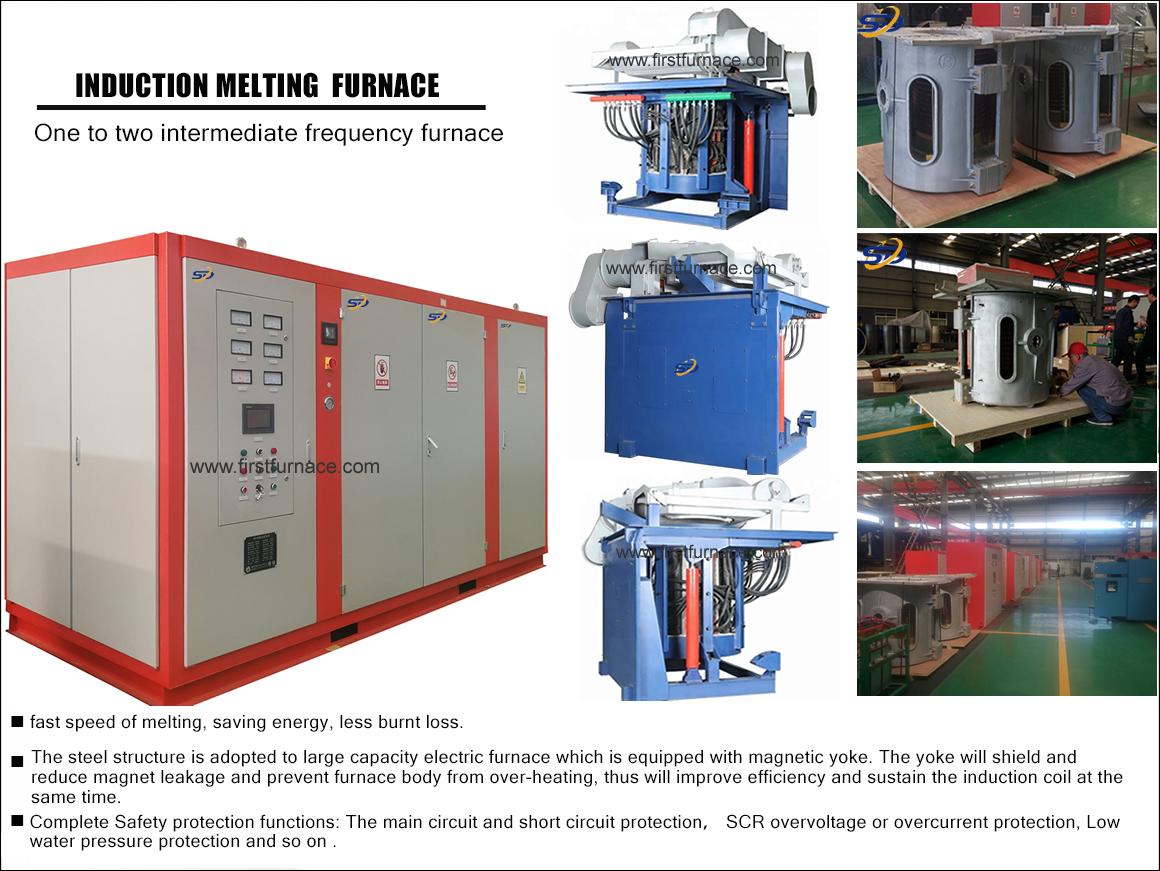Sales hot line ( 24 hours service):+86 13015583380
E-Mail: firstfurnace@gmail.com
whatsapp:+86 13015583380
Adress: Luoxin Industrial Park, Luoyang, HenanLarge diameter steel pipe quen
Piston rod quenching and tempe
Grinding rod quenching and tem
High frequency induction heate
Quenching equipment for machin
Round steel end heating furnac
Steel pipe heat treatment prod
Square steel quenching and tem
Sucker rod quenching and tempe
Thickened petroleum steel pipe
Round steel quenching and temp
Steel pipe quenching and tempe
Steel plate quenching and temp
Induction Hardening Machine&nb
Flywheel ring gear high freque
|
Table 4-3 Common faults and troubleshooting of power frequency coreless induction furnace |
||
|
Failure and phenomenon |
cause |
elimination method |
|
Broken cooling water pipe |
Scale clogging |
Regular replacement and cleaning |
|
Damaged water-cooled cable |
Aging after long-term use |
Regular replacement |
|
Cracked pipe |
Replace immediately and regularly, check for leaks |
|
|
Furnace cooling water temperature rises |
Rust attached to the pipe or blocked by foreign matter |
Pickling or blowing with compressed air when the furnace is empty |
|
The water pump displacement has not reached the pump capacity |
Repair the water pump and confirm whether the amount of water is appropriate |
|
|
Part of the furnace lining has been burned |
Check the burning of the furnace lining and repair it in time |
|
|
Coil grounding accident |
Foreign iron beans and foreign objects adhere to the surface of the coil and cause a short circuit |
Daily cleaning, protect with dust-proof tape |
|
Foreign iron beans, etc. drilled into the gap between the coil and the yoke adhered to the short circuit |
Install dust curtains, refurbish the gap between the stove and the periphery of the stove, brush insulating paint to enhance the insulation between coil layers |
|
|
When rebuilding the furnace, due to the iron beans and other metals drilled into the coil, the charge is not completely removed, resulting in a short circuit |
Remove iron beans and other metal objects that are likely to cause short circuits |
|
|
Slime iron |
The lining was not compacted during repair |
Use correct tamping method and replace furnace building tools |
|
Improper sintering (residual moisture, incomplete sintering) |
Follow the sintering process, use anhydrous boric acid, add an appropriate amount |
|
|
Mixed with foreign matter |
No foreign objects are allowed to enter |
|
|
Improper repair of refractory materials |
Choose and mix the repair materials |
|
|
Use time is too long |
Check the furnace diameter and height once a week, control the furnace age, and then build the furnace |
|
|
Cracked lining |
Repair or rebuild the furnace according to the size of the cracks |
|
|
Transformer failure |
Self-heating when oil temperature rises (under load) |
Regular inspection of refueling and gas analysis of insulating oil |
|
Oil deterioration (mixed with moisture, natural deterioration, etc.), resulting in a drop in pressure resistance |
Check the air volume of the cooling fan to see if it is blocked |
|
|
Capacitor burnout, breakdown |
Spontaneous heating when oil temperature rises |
When removing or replacing the alarm, please pay attention to the operation when the voltage drops and do not exceed the temperature setting value |
|
Withstand voltage drop due to oil oxidation, natural deterioration, etc. |
Check cooling fan air flow and clogging, 1 Yue 1 times the appearance of periodic inspection (summer to pay special attention) |
|
|
Leakage Liquid Detector |
Circuit break |
replace |
|
Poor contact |
Week 1 examination leak detector liquid iron, monthly check point of contact 1 time |
|
|
Bus connection |
Poor contact of busbar fastening part |
Adjust power factor or phase balance |
|
Overcurrent |
Power factor or phase balance imbalance |
Adjust power factor or phase balance |
|
Short circuit between mechanical phases |
Repair and replace |
|
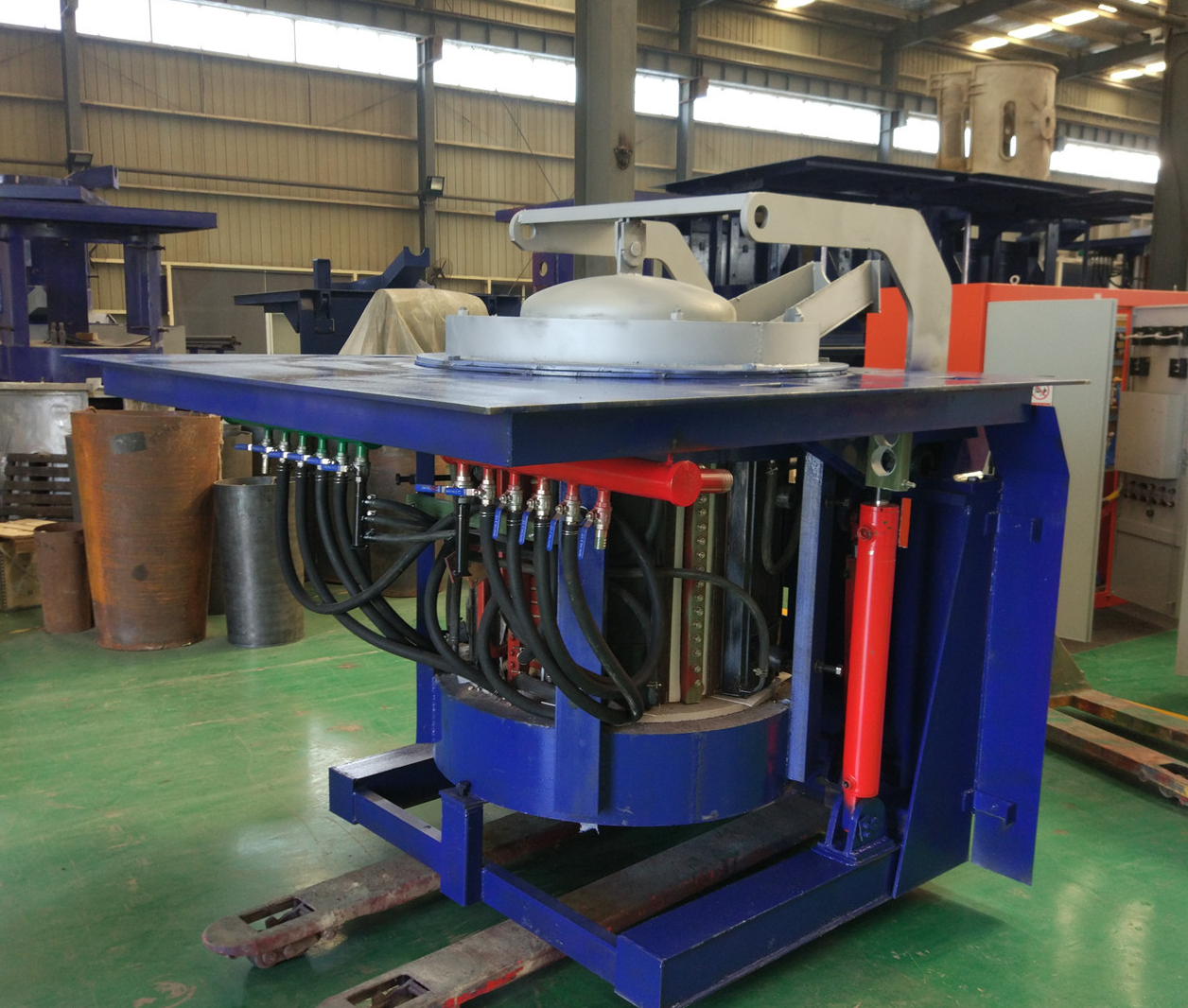
Iron induction furnace
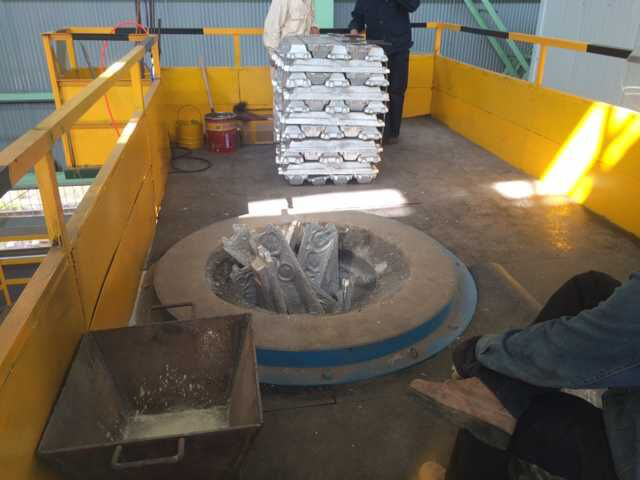
Aluminum melting furnace
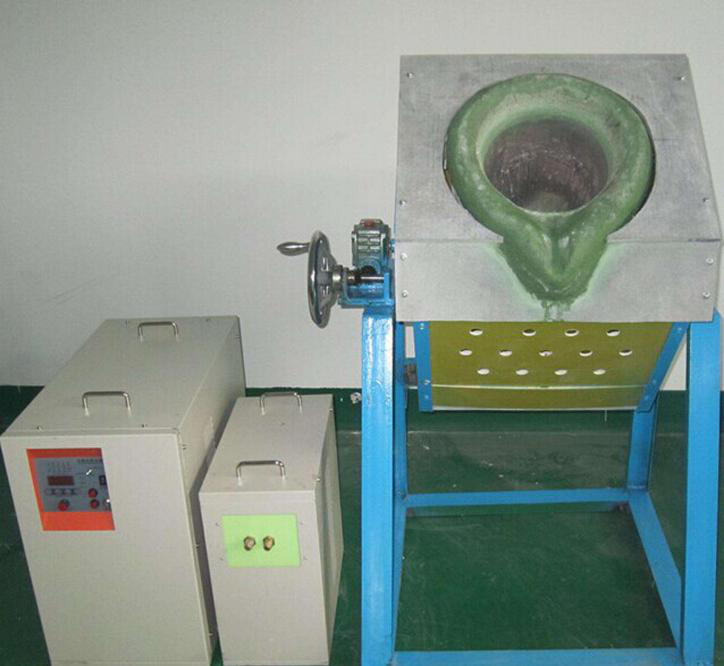
Copper melting furnace
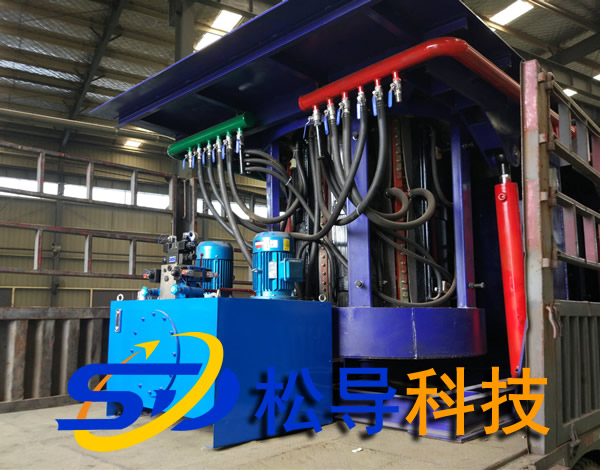
Small steel melting furnace
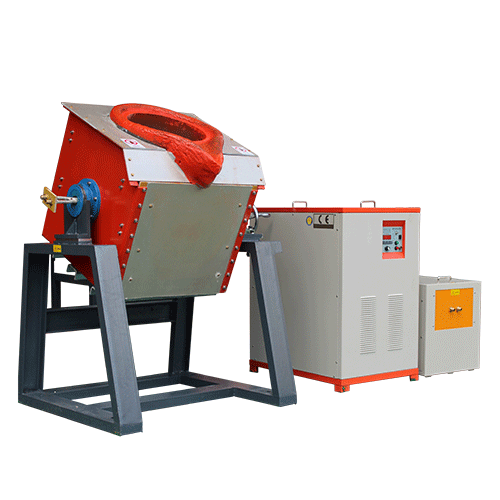
Small induction melting furnace
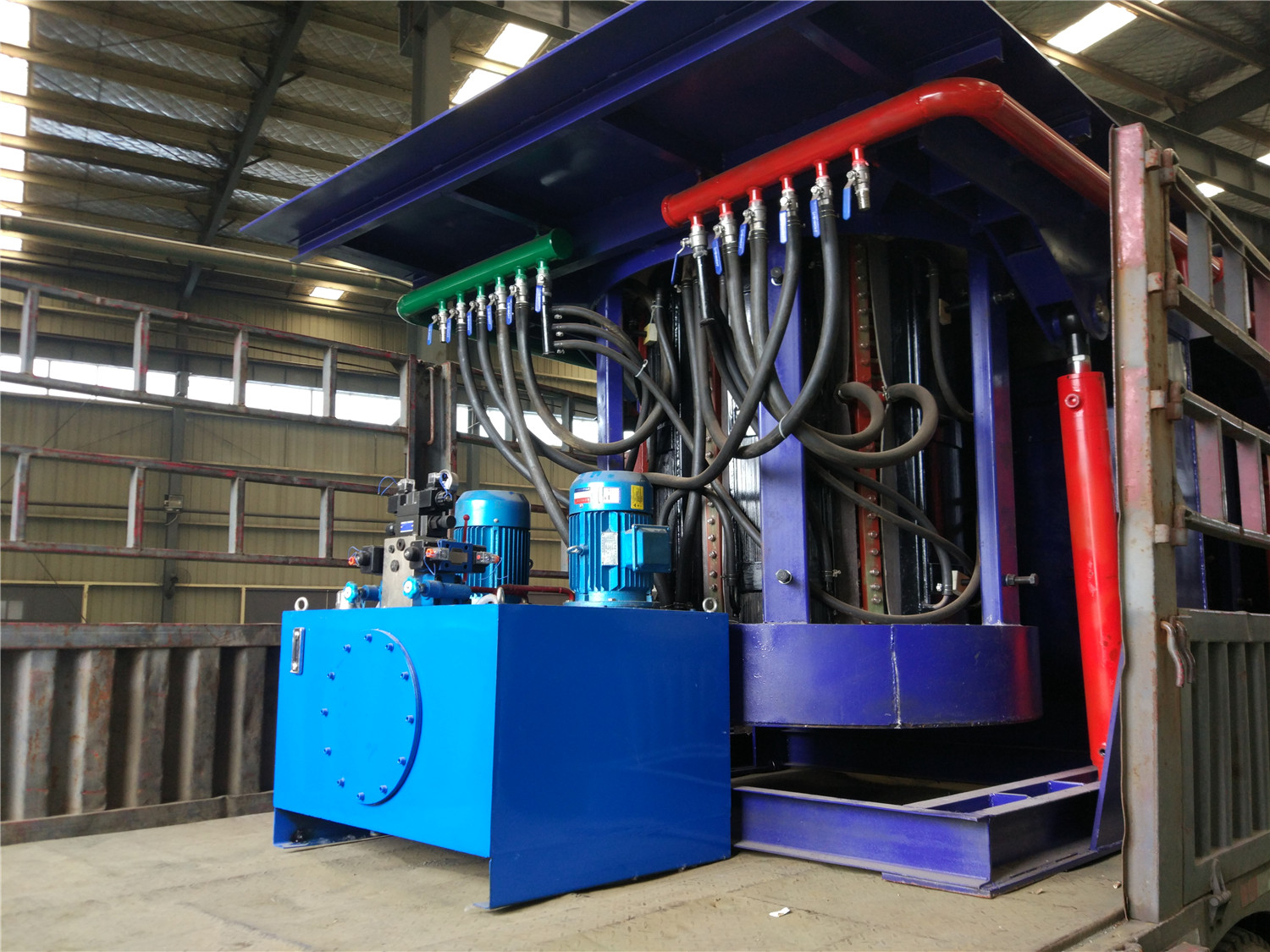
Induction iron furnace
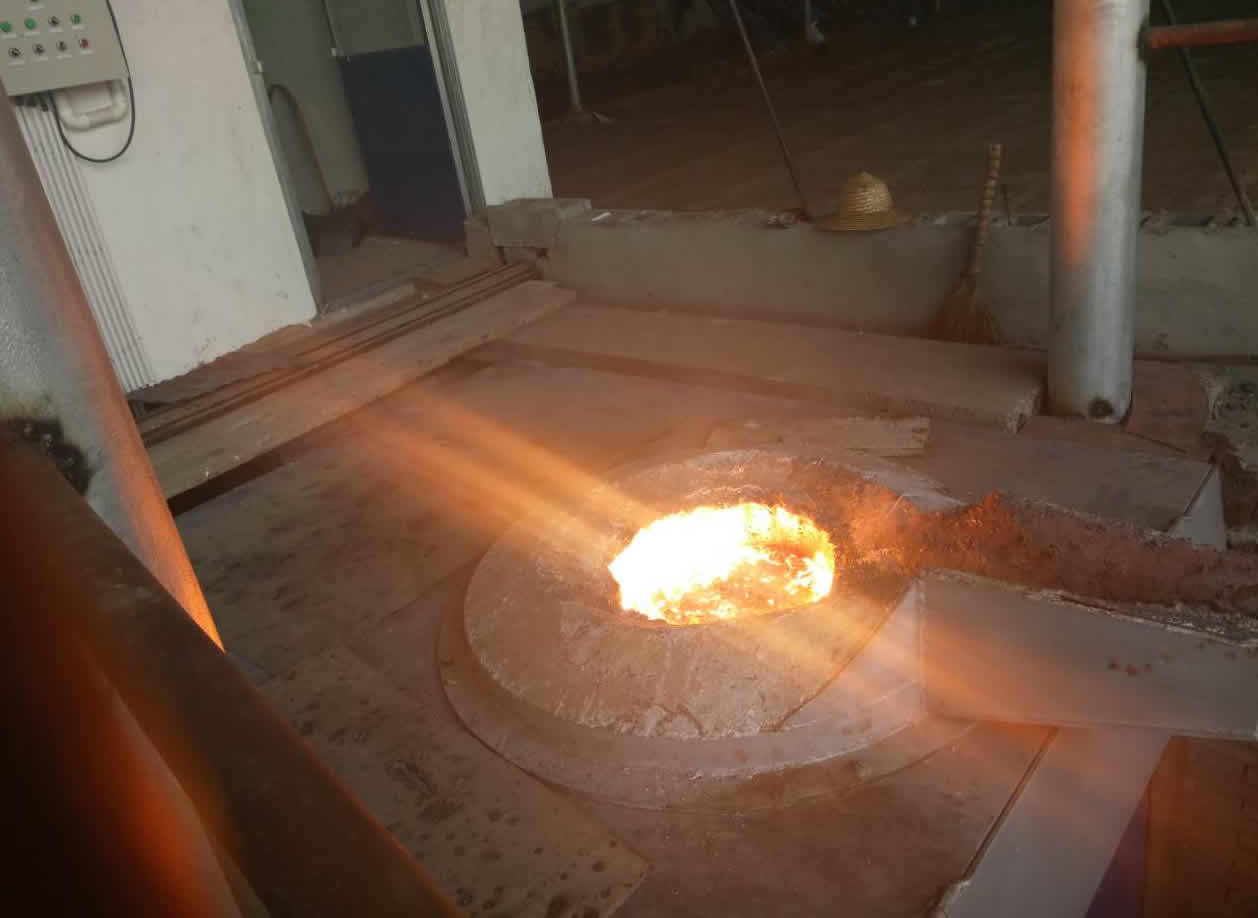
3T intermediate frequency iron melting f
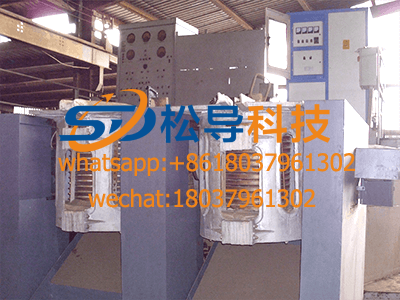
0.25T Intermediate Frequency Furnace
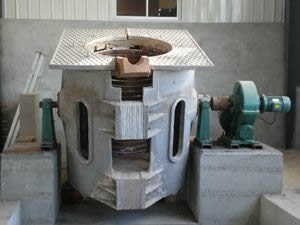
0.5T Intermediate Frequency Furnace
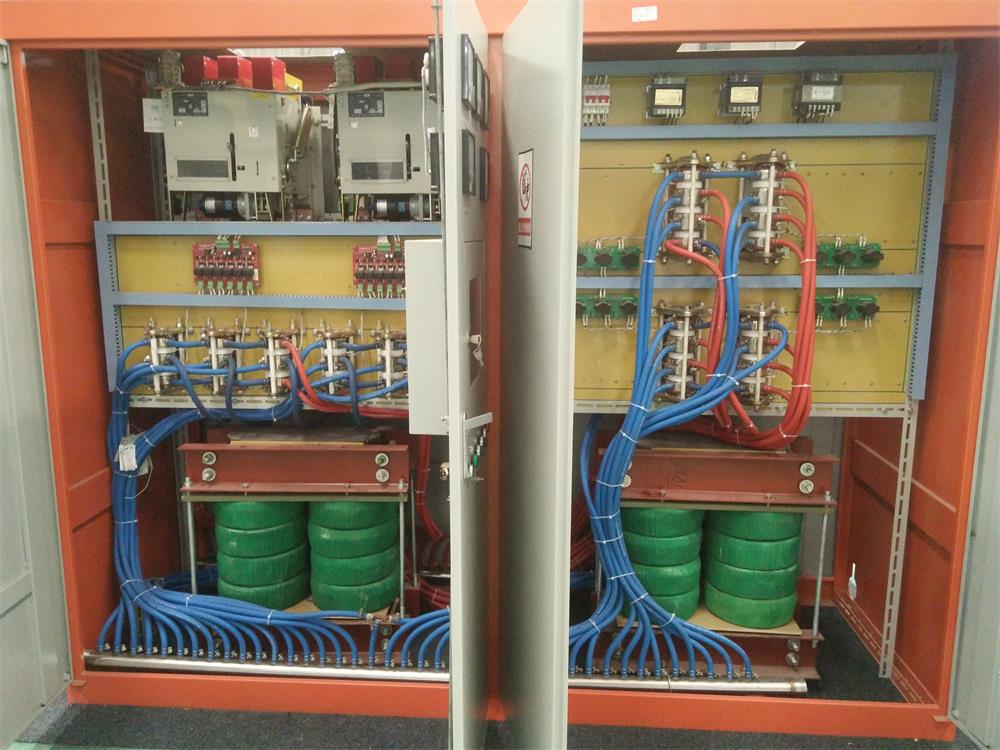
Medium Frequency Furnace

2T Induction Melting Furnace
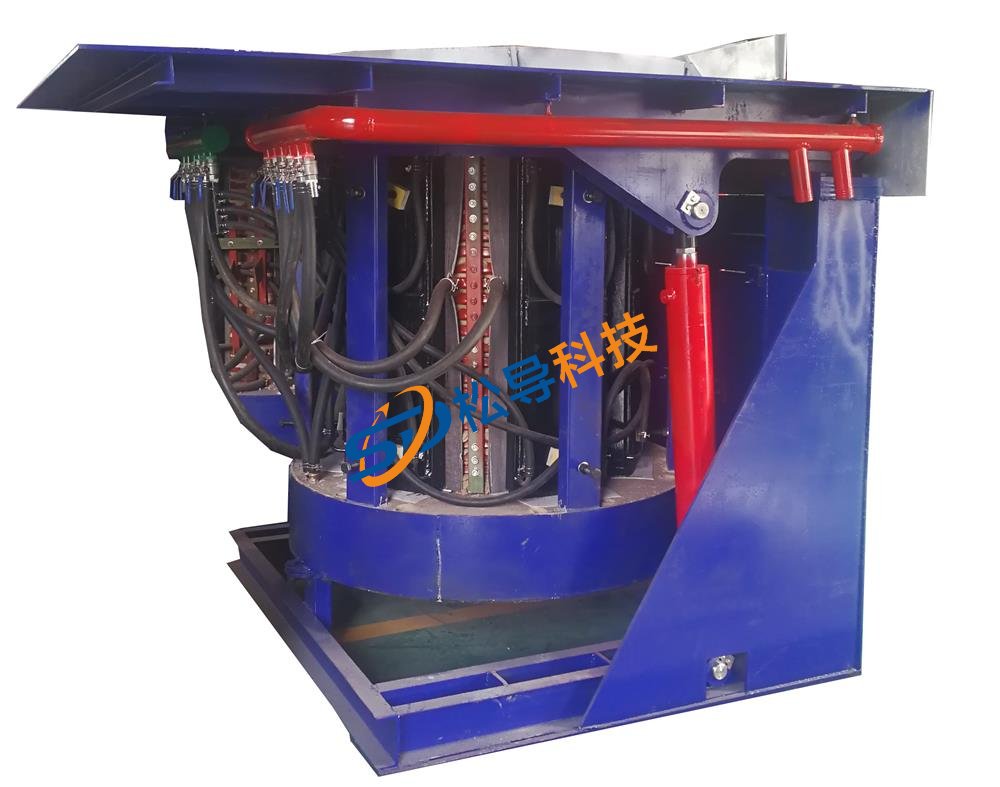
1T Induction Melting Furnace
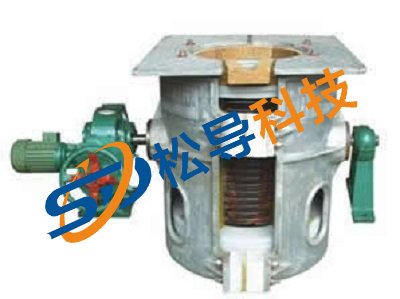
500kg Induction Melting Furnace
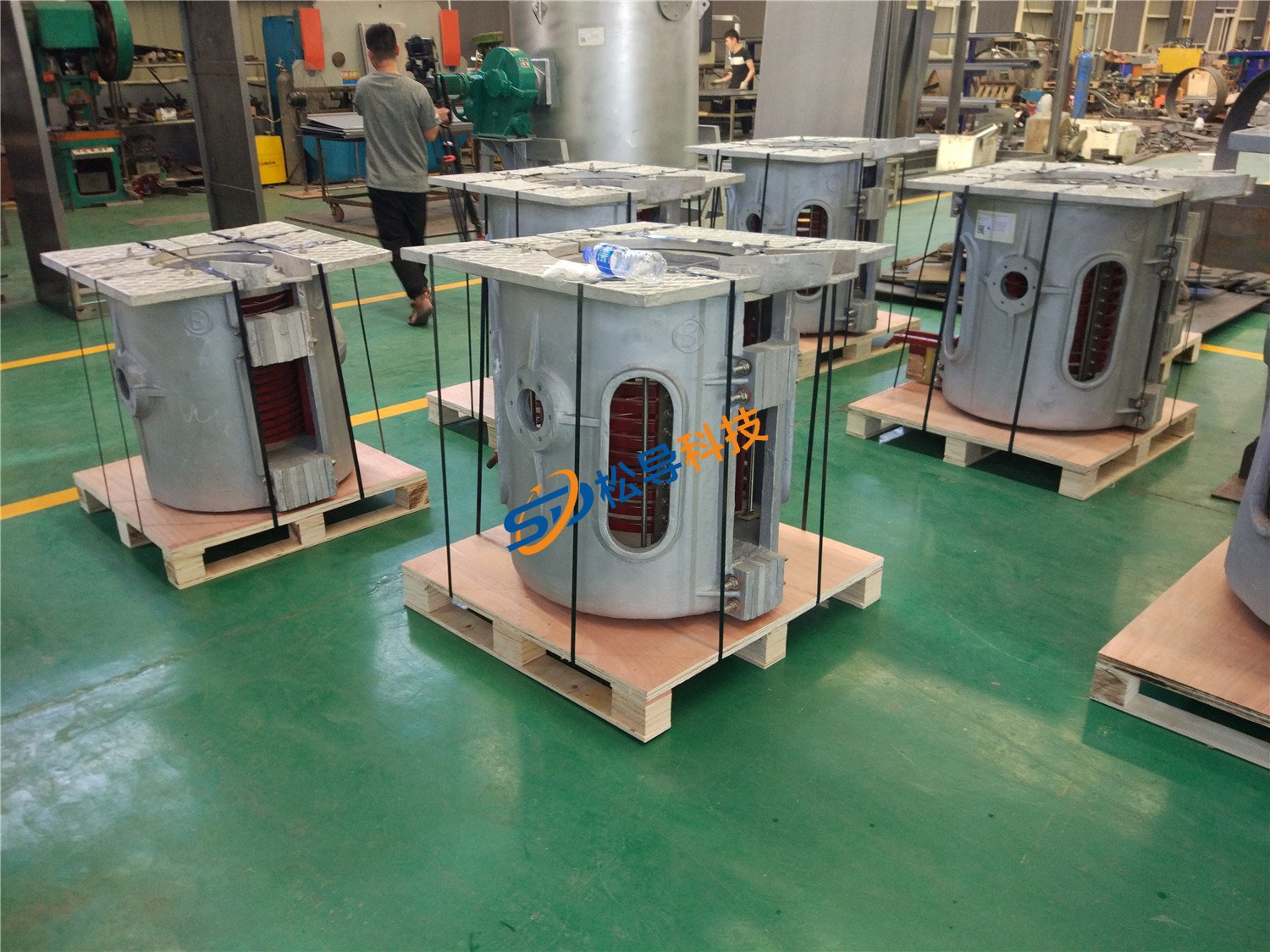
250kg Induction Melting Furnace
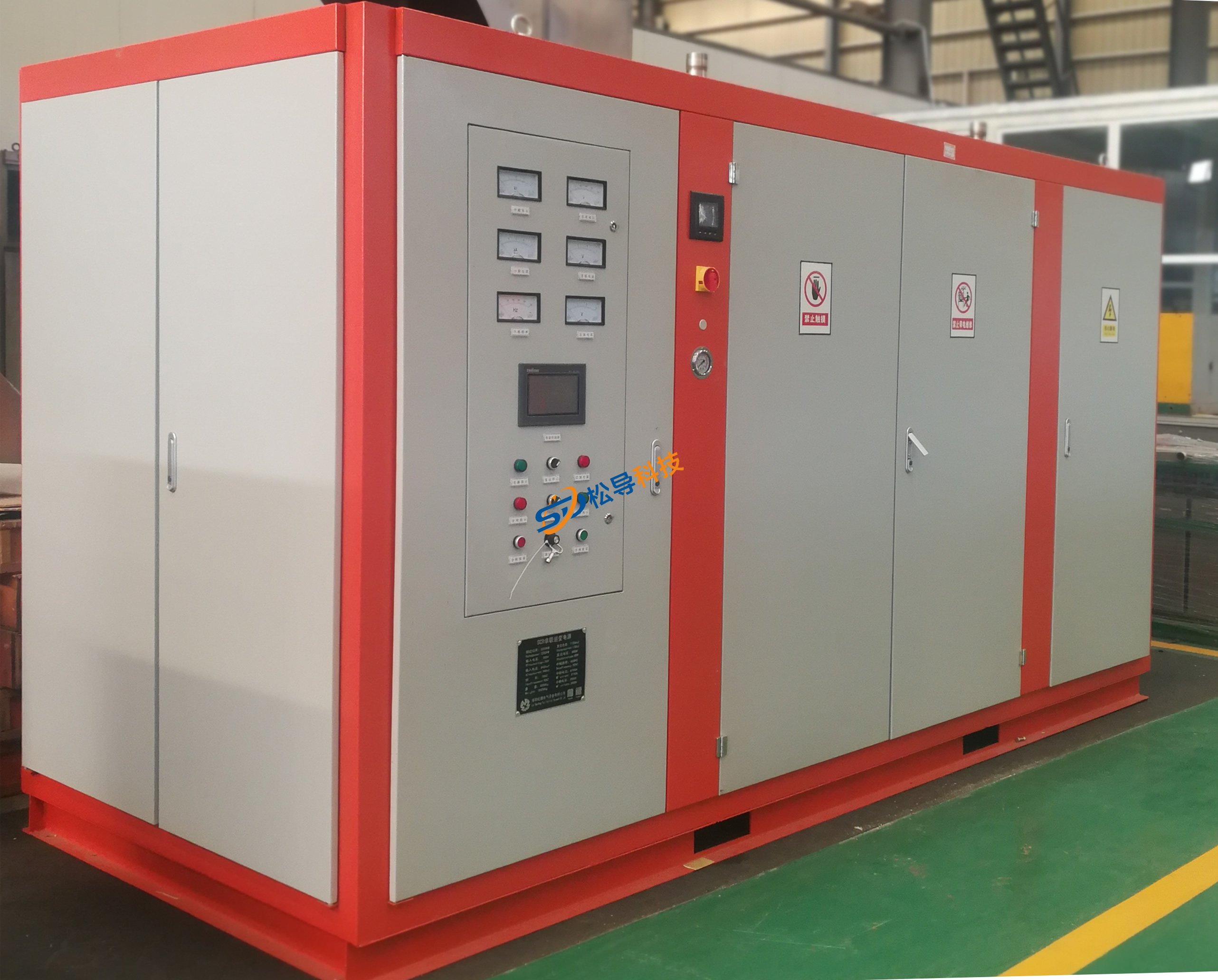
Induction Melting Furnace
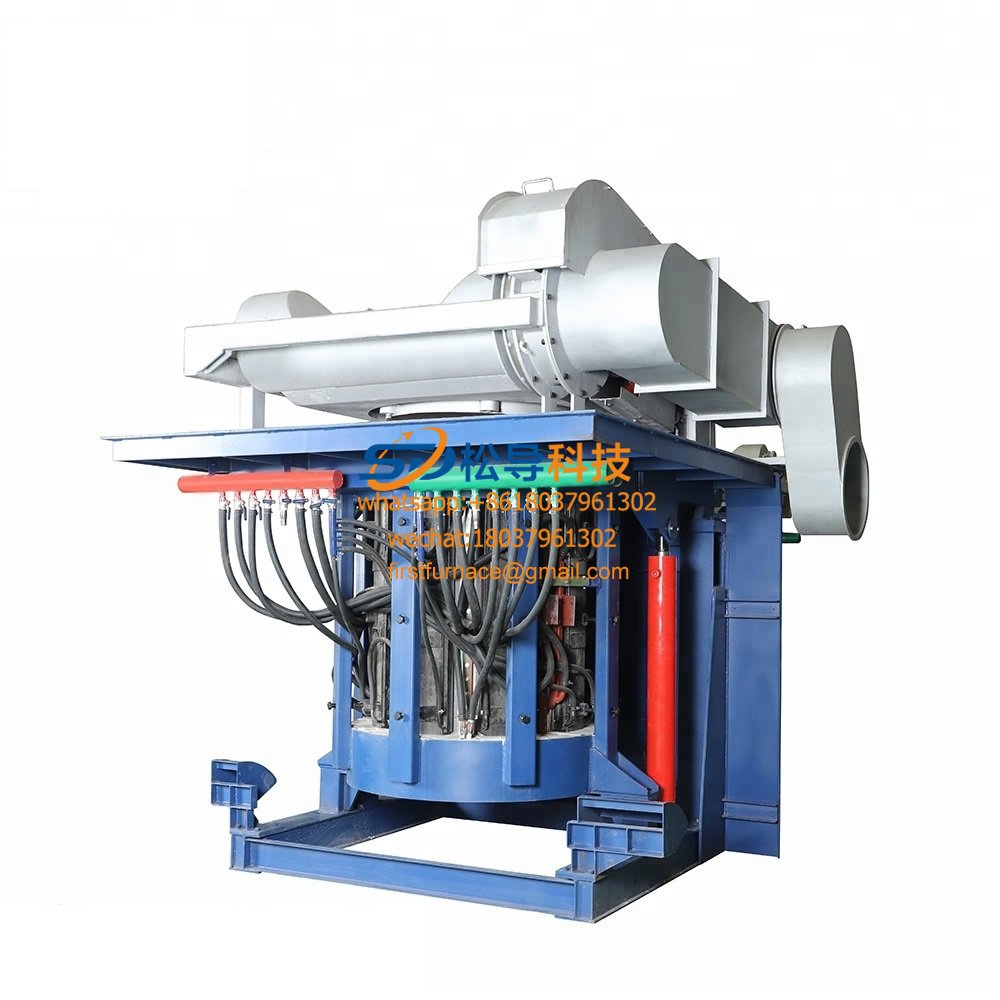
3 T Induction Melting Furnace
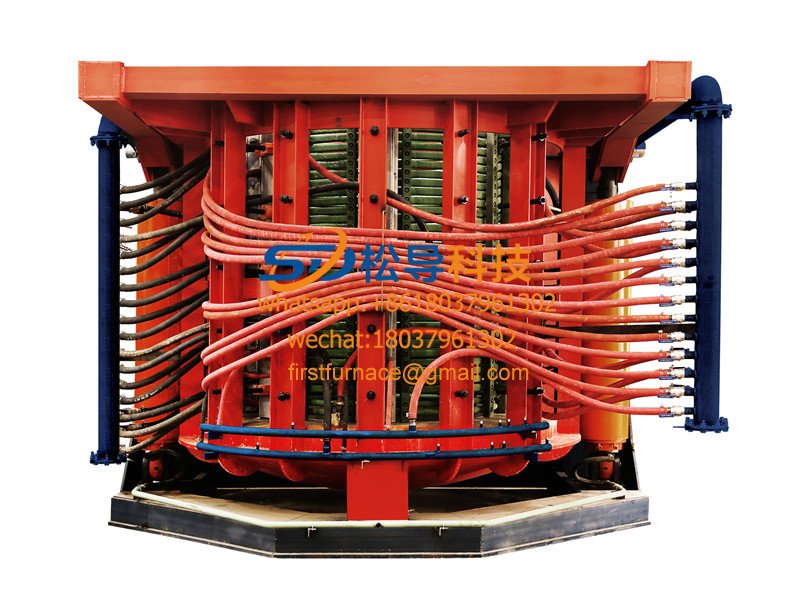
5T Induction Melting Furnace
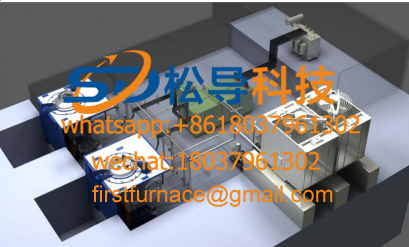
1T One Belt Two Intermediate Frequency F

5T One Belt Two Intermediate Frequency F
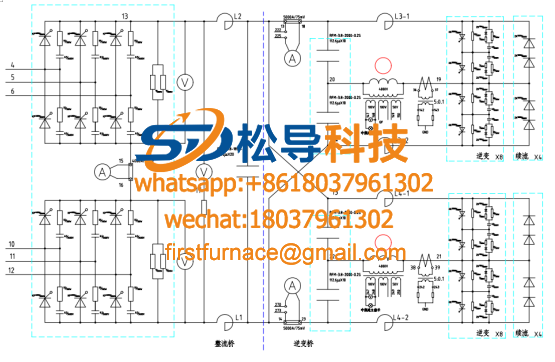
3T One Belt Two Intermediate Frequency F
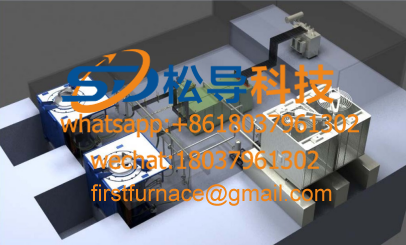
2T One Belt Two Intermediate Frequency F
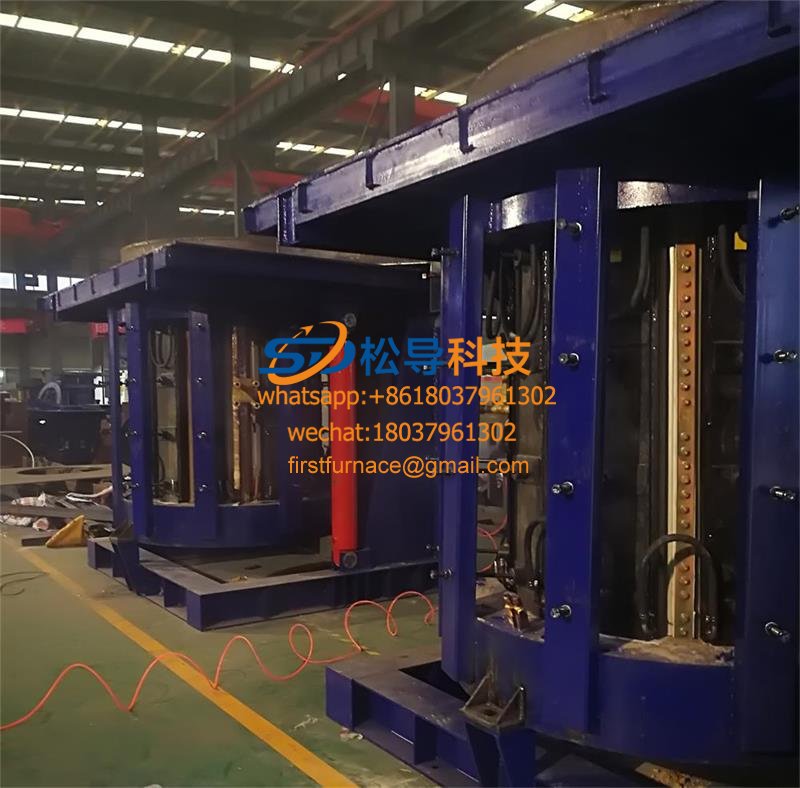
5T Parallel Intermediate Frequency Furna
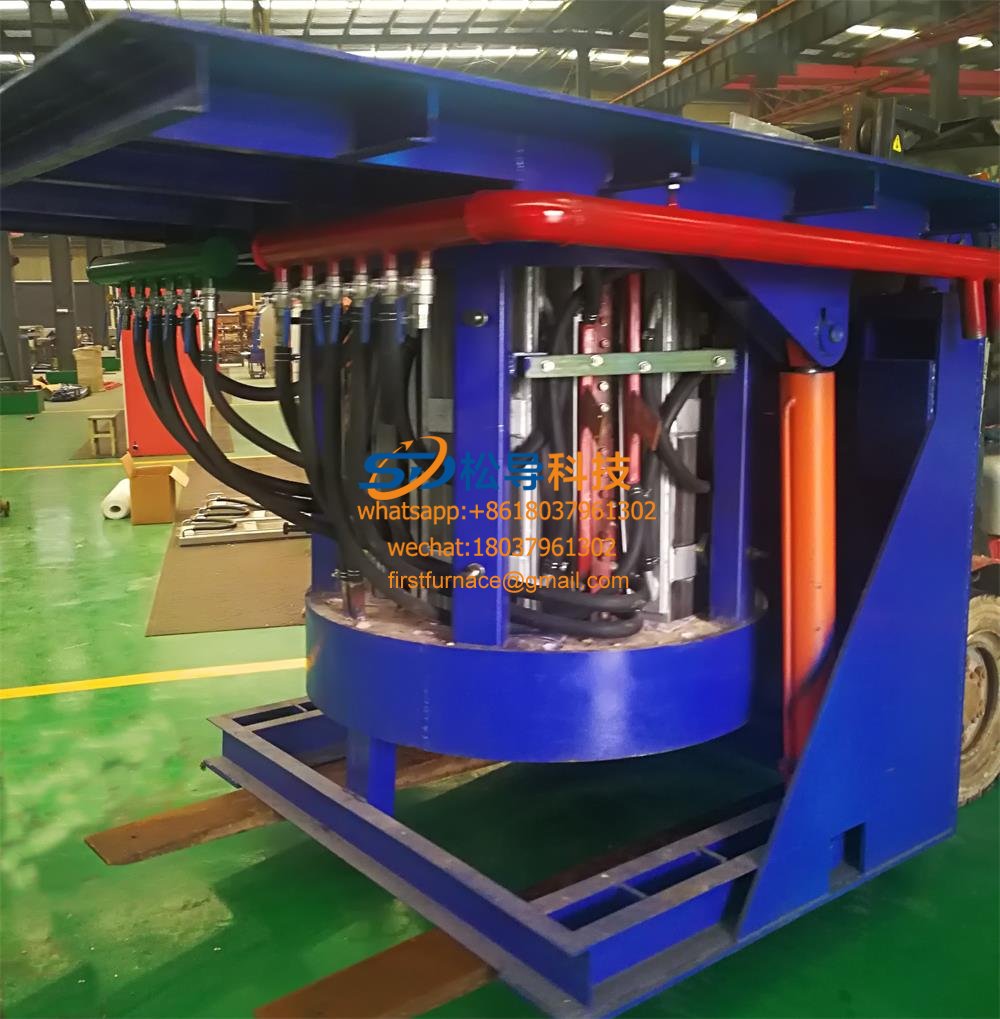
5T Intermediate Frequency Furnace

5T Series Intermediate Frequency Furnace
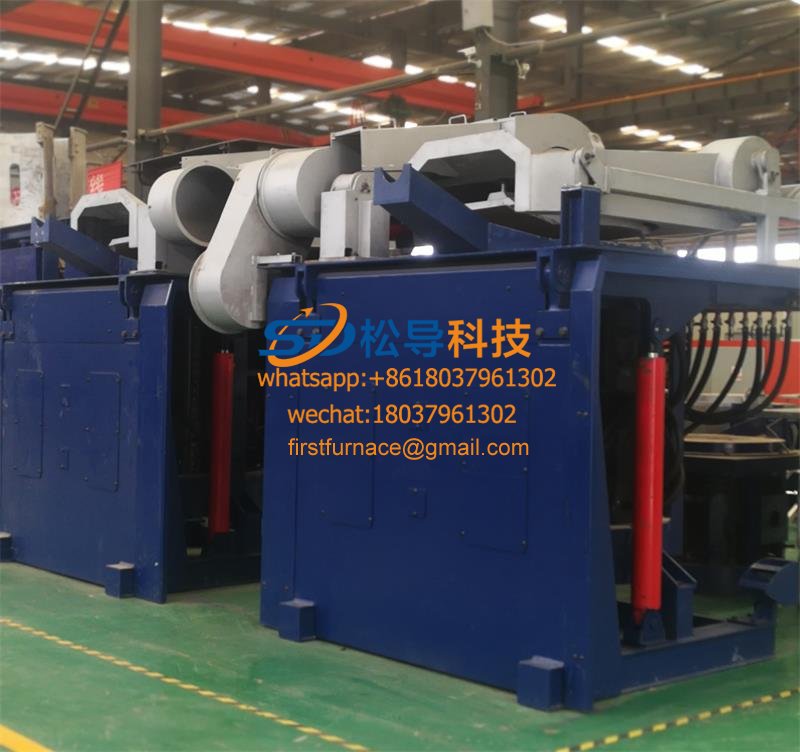
3T Series Intermediate Frequency Furnace
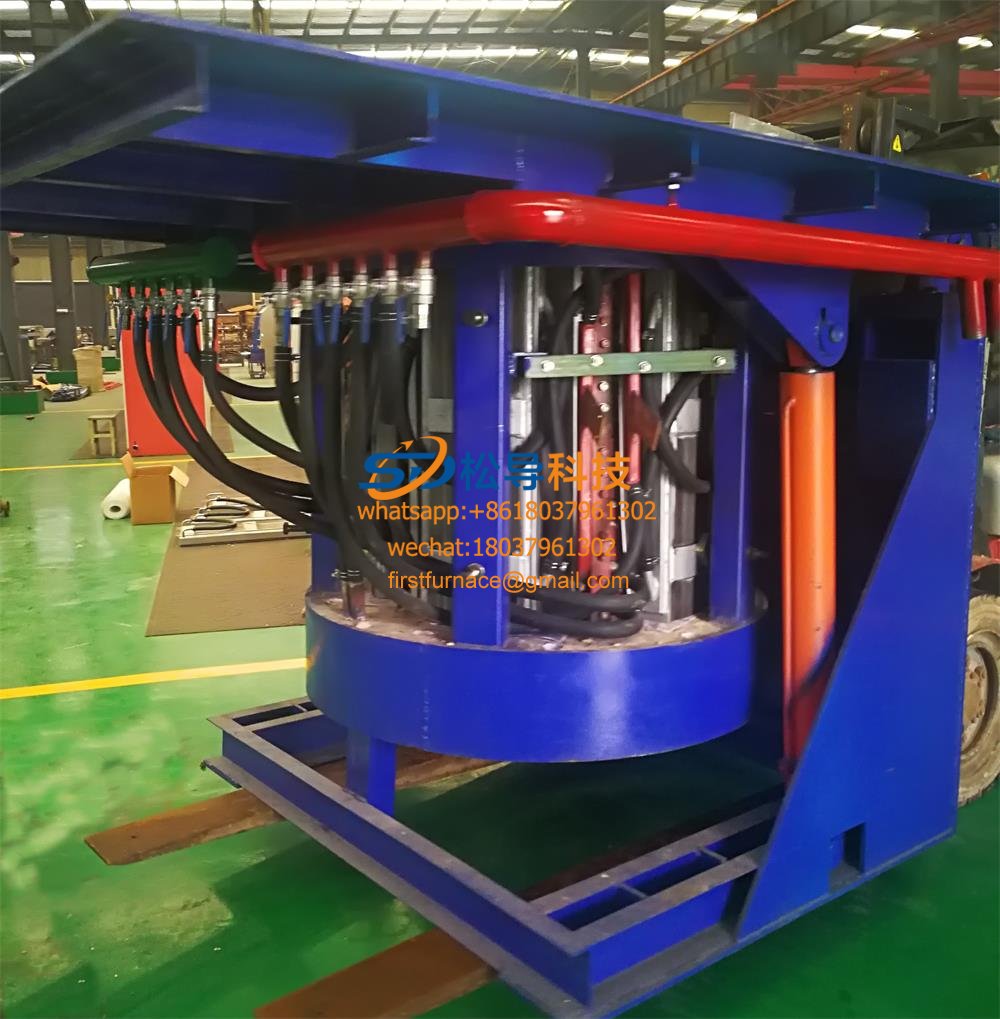
2T Series Intermediate Frequency Furnace
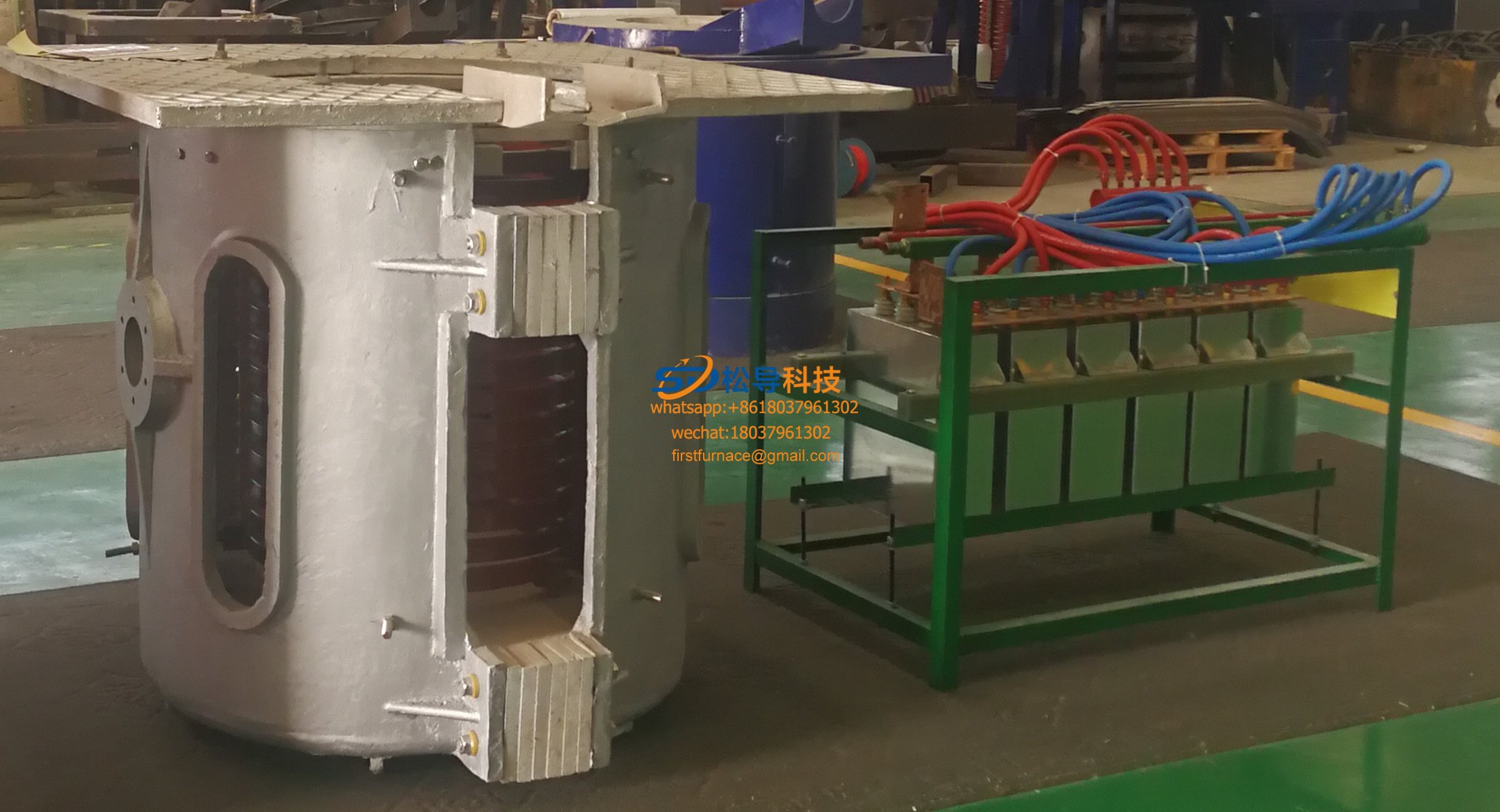
1T Series Intermediate Frequency Furnace
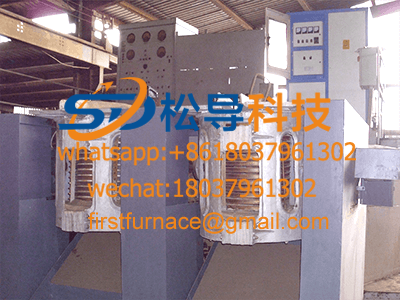
0.5T Series Intermediate Frequency Furna

0.25T Series Intermediate Frequency Furn
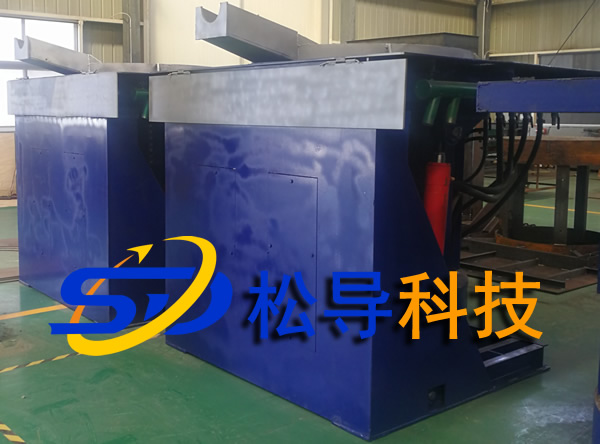
1T Parallel Intermediate Frequency Furna
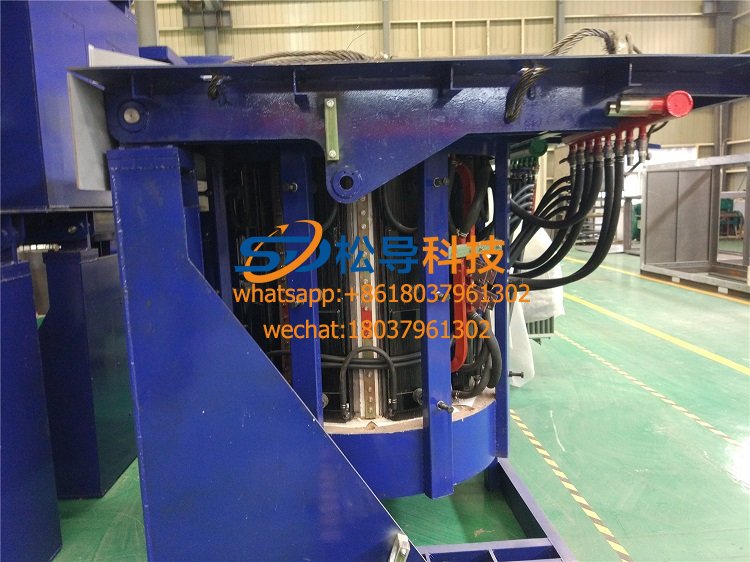
2T Parallel Intermediate Frequency Furna
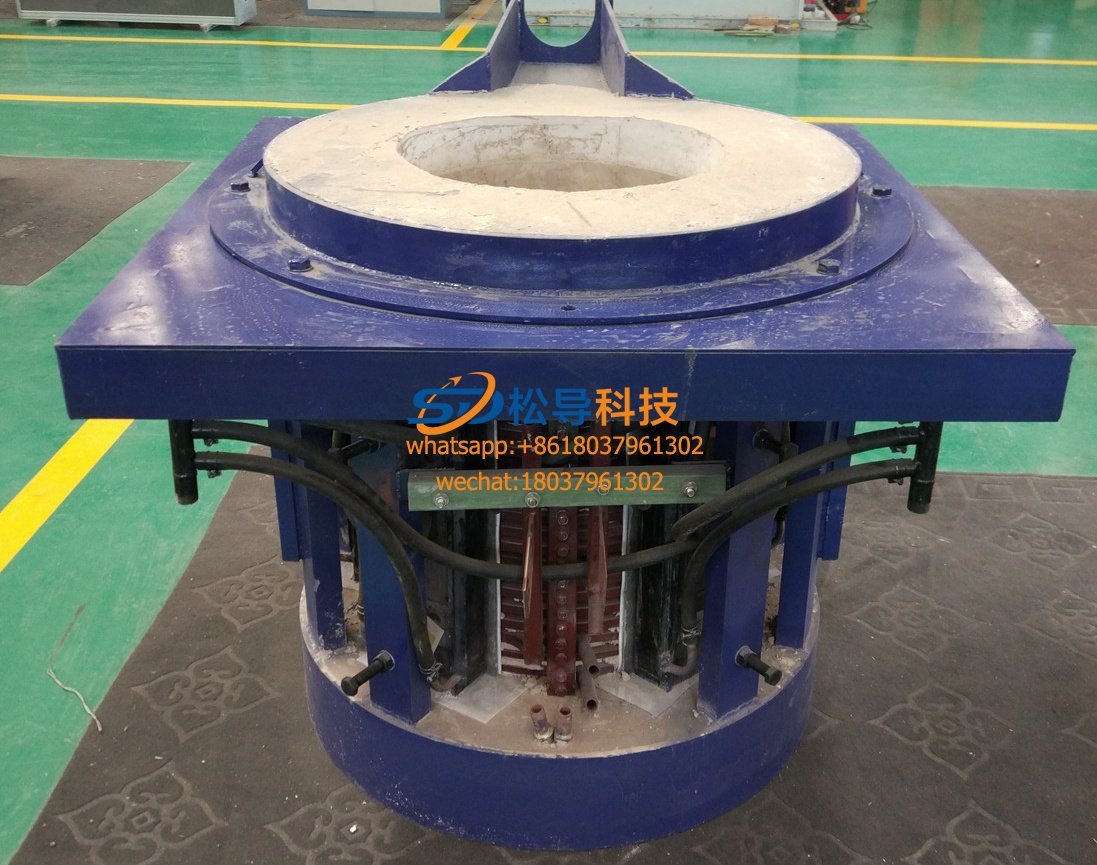
0.5T Parallel Intermediate Frequency Fur






